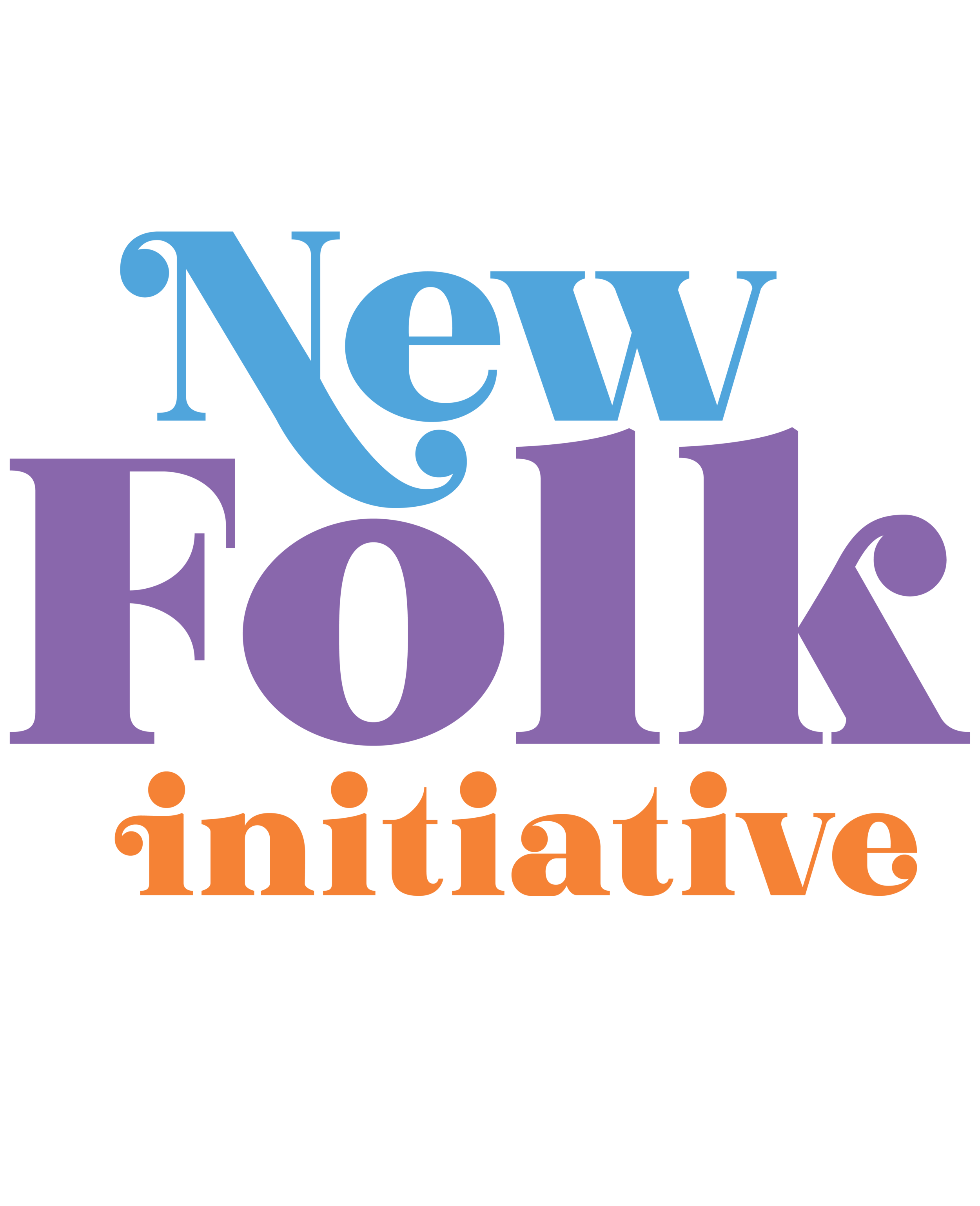Spotlight Album Review: Punch Brothers "Hell on Church Street"
With their rigorous instrumental versatility and wide-open approach in their repertoire, Punch Brothers have always had a special place in my heart. On their new release, Hell on Church Street, they add another dimension to their skill set , the Unconventional Cover, by reimagining Tony Rice’s 1983 album, Church Street Blues.
By the time he recorded Church Street Blues, Rice was already established as a go-to guitarist in the New Grass vanguard through J.D. Crowe and the New South and the David Grisman Quintet. Church Street Blues brought together his chops as a bluegrass guitarist and his love of folk music in an intimate setting (all solo performances, except for a handful with his brother Wyatt on rhythm guitar). Hell on Church Street, recorded during the Covid pandemic in November of 2020, was a chance for Punch Brothers to reconvene after various solo projects and pay homage to one of their heroes. (Guitarist Chris Eldridge was actually one of his students.) The Grammy-winning quintet intended to present it as gift to Rice, but he died after a long illness at just 59 before it was completed.
The opening track, “Church Street Blues,” on Rice’s album is a mid-tempo finger picking tune by Norman Blake, with whom he later recorded duet albums together in 1987 and 1990. Although Punch Brothers followed the track-by-track sequence of Rice’s album, they chose not to listen to the original, so they brought a much faster pace to the track, fueled by Gabe Witcher’s fiddle. Same with “Cattle in the Cane,” a traditional instrumental, which finds the cattle driven by fiddle, bass, and mandolin.
On the other hand, Ralph McTell’s gentle “Streets of London” finds them slowing the pace, with Chris Thile’s deliberate vocals over his solo mandolin, leading into Paul Kowert’s double bass and Witcher’s fiddle solo. That’s followed by another folk choice, Bob Dylan’s “One More Night” from Nashville Skyline, which, thanks to Noam Pikleny’s banjo, has a straightforward bluegrass feel. Ironically, Bill Monroe’s bluegrass instrumental, “The Gold Rush,” is taken entirely adagio, with a mandolin-fiddle duet.
Jimmy Rodger’s “Any Old Time,” which Rice took at mid-tempo (similar to Maria Muldaur’s version), is slightly more sprightly in the Punch Brothers hands. They slow things down again in the second Norman Blake number, “Orphan Annie,” which begins with a solo bass intro. Thile had performed the traditional Appalachian tune, “House Carpenter,” with Nickel Creek back in the day. Here it morphs into a seven-minute medley with Monroe’s “Jerusalem Ridge” which lets the band stretch out a bit.
The last three numbers are all part of the folk canon. Tom Paxton’s well-traveled standard, “The Last on My Mind,” has been covered by dozens on artists, including Punch Brothers on the soundtrack of Inside Llewyn Davis. This version conveys pure regret, with Thile singing to plucked accompaniment. Hamilton Camp’s “Pride of Man,” which went electric in the late ‘60s with Quicksilver Messenger Service, uses Eldridge’s guitar to build a dramatic conclusion (“have mercy on thy people, Lord”). Finally, there’s a beautiful arrangement of “Wreck of the Edmund Fitzgerald.” Tony Rice had a special affinity for Gordon Lightfoot, relying on guitar accompaniment to sell the words. The Punch Brothers establish the narrative with Thile once again singing over Witcher’s fiddle until the whole band gets into the action. As Thile concludes by singing a cappella, “Superior they said never gives up her dead when the gales of November come early,” you feel the full force of the story.
It would be tempting to say Punch Brothers jam like hell on the songs on Hell on Church Street, but more to the point they showcase all of their creativity without going over the top or overdoing time signatures that can give you aural whiplash. Hopefully, the experience will encourage the group to maintain a commitment to each other, even as they explore their many other options.
